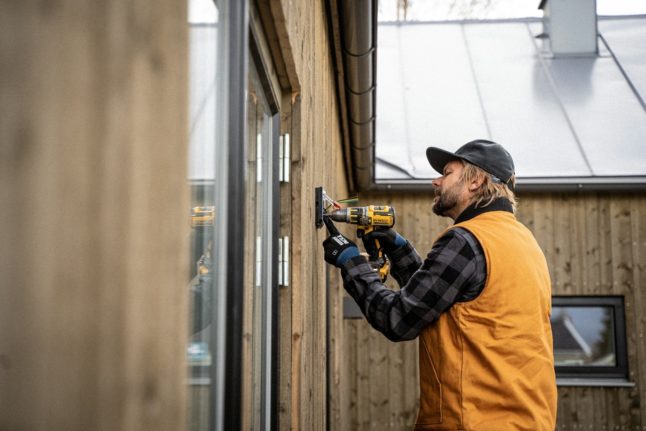Maria-Elisabeth Schaeffler (73) has Austrian and German citizenship. She and her only son, Georg (49), are proprietors of INA Waelzlager Schaeffler KG, one of world's largest producers of roller bearings and machine components, and possess a fortune of €21.5 billion.
Schaeffler Group also owns 36% of the tyre and auto parts giant Continental AG.
Maria-Elisabeth Schaeffler took over INA in 1996 following the death of her husband, Georg. Her son, also named Georg, has been at her side helping to run the business since 2009. His father and uncle founded the company in 1946, first making wooden spoons, clothespins and rakes. Georg currently owns 80% and Maria-Elisabeth, 20%.
Maria-Elisabeth was born in Prague in 1941, and grew up in Vienna.
The Albrecht family, owner of the discount supermarket chain Aldi, comes second and third place in Bilanz’s rich list.
Austria’s rich list is topped by the Piech and Porsche families – with a combined fortune of €44.8 billion.


 Please whitelist us to continue reading.
Please whitelist us to continue reading.
Member comments